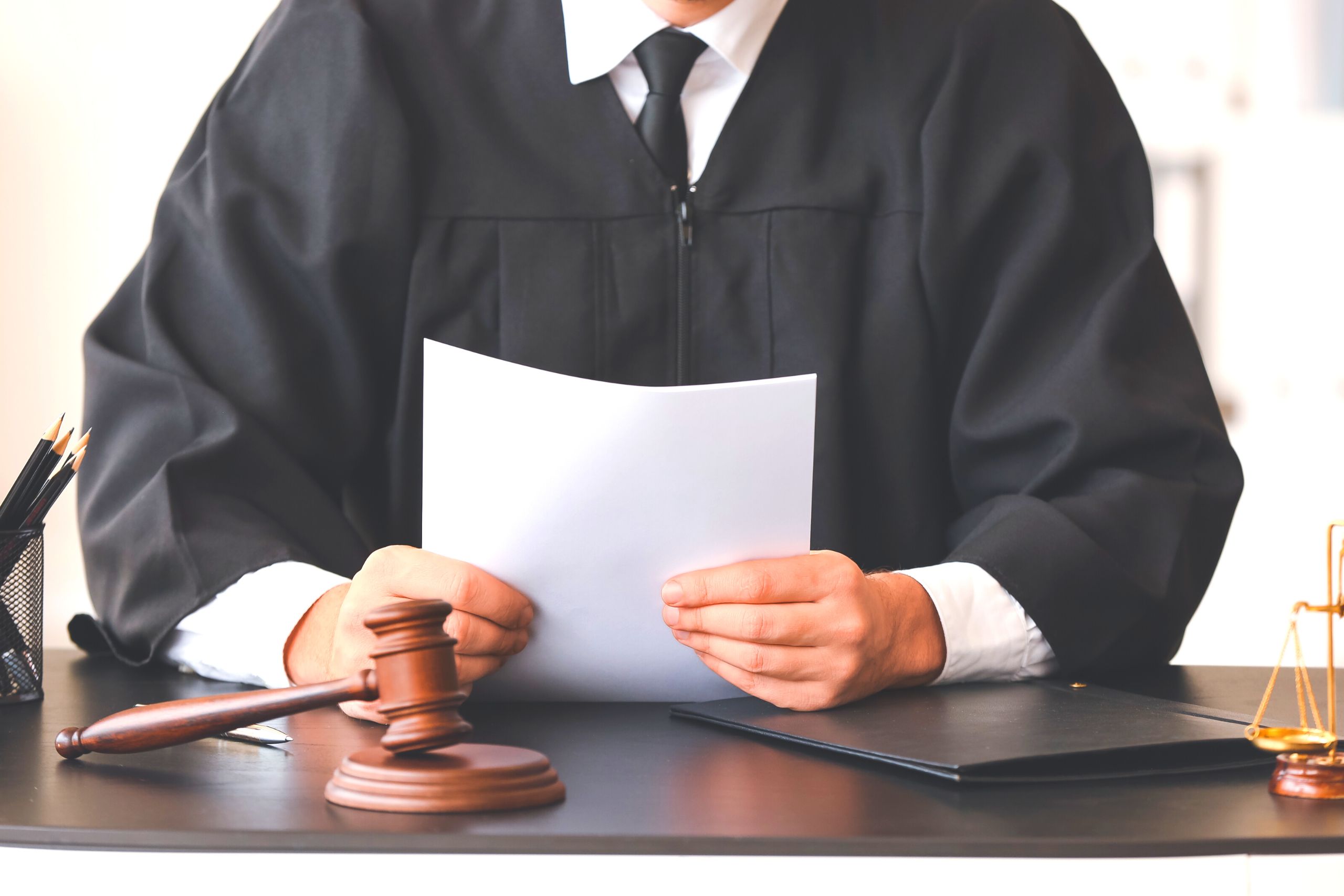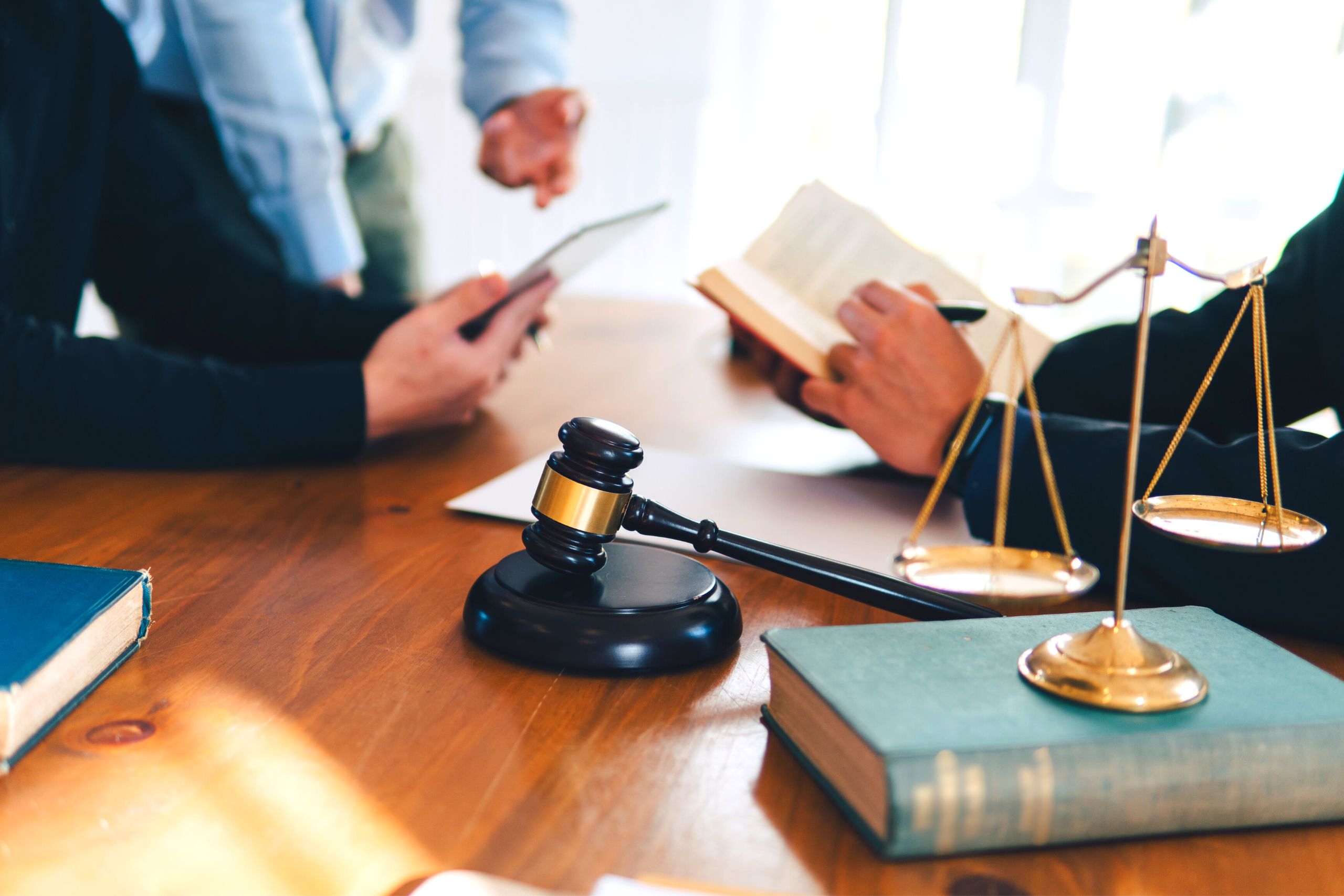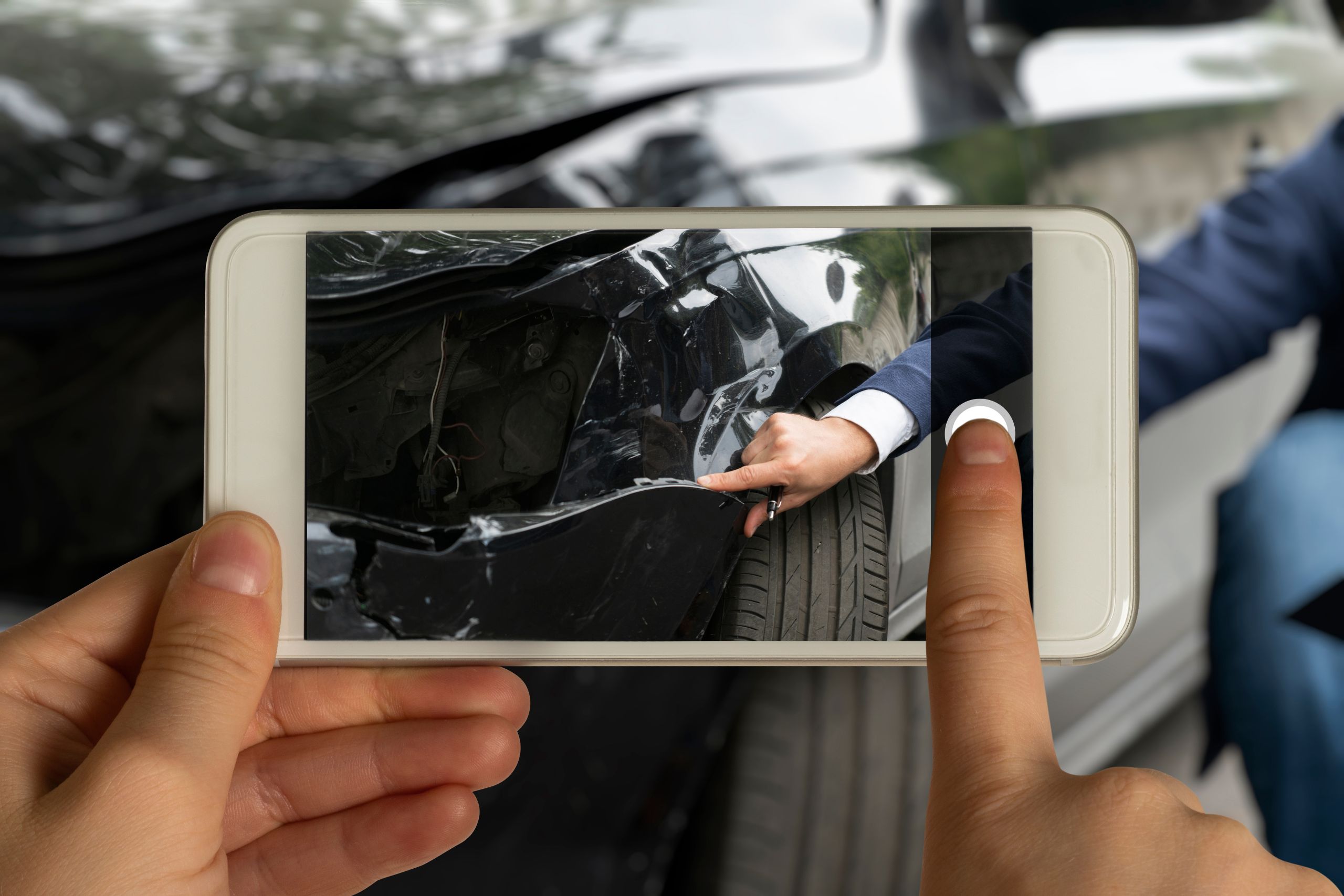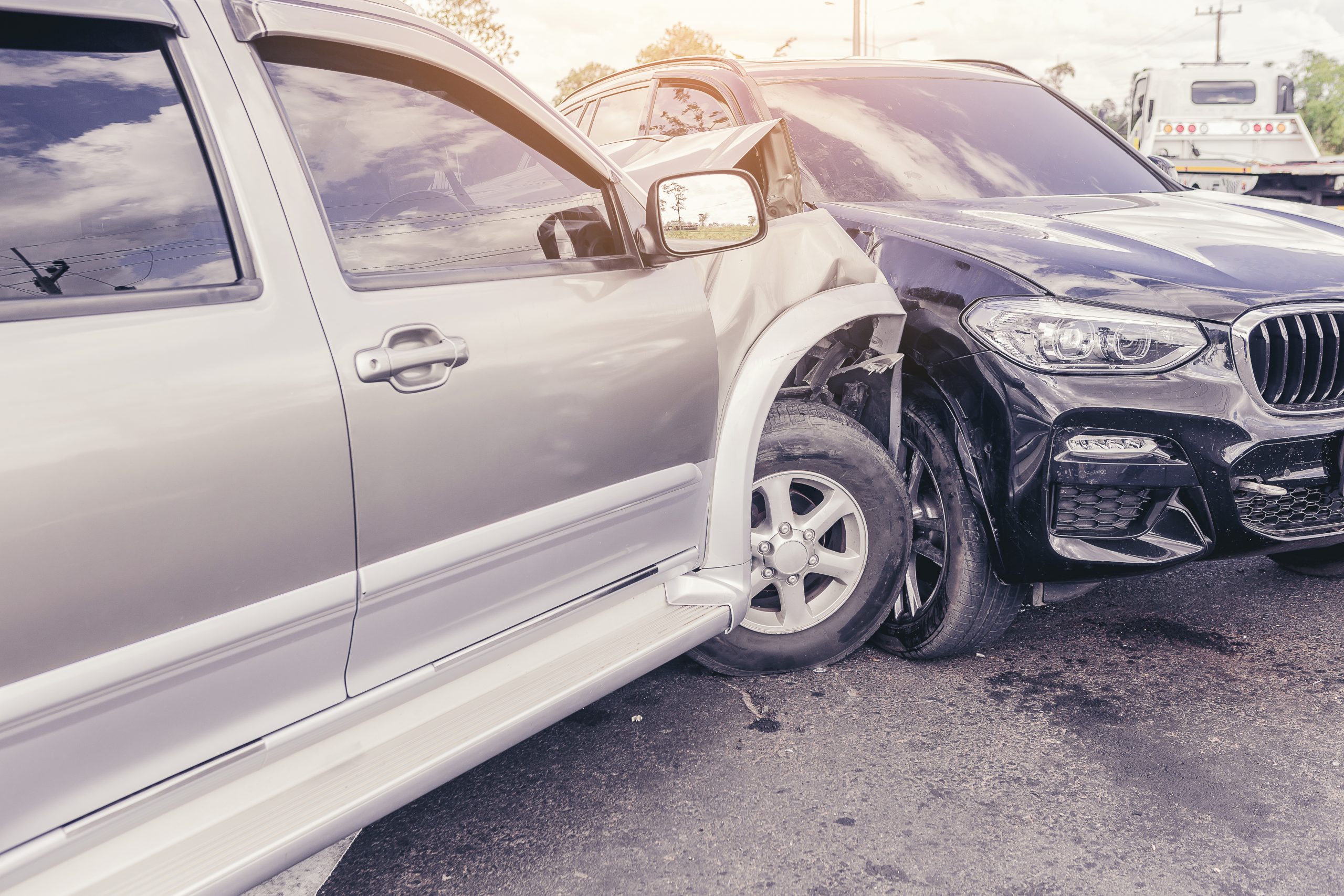As a plaintiff (or potential plaintiff) in a Broward personal injury case, you may be curious what happens if the party you’re suing simply doesn’t answer or show up. What could happen is a default judgment. However, as our Broward injury lawyers can explain, that isn’t always the best case scenario. Default judgments are often…
Continue reading ›Articles Posted in personal injury lawyer
If you’re exploring whether you need to hire a Broward injury lawyer after a car accident or medical malpractice or slip-and-fall or some other injury caused by another, you may have seen the bookend on Florida injury lawyer advertisements offering “a free initial consultation.” But what does that mean, exactly? What should you bring? What…
Continue reading ›If you’re injured in a Fort Lauderdale car accident, you may be aware that your first avenue to collect damages is personal injury protection (or “PIP”) coverage. This is state-mandated auto insurance that you pay for that will cover a portion of your medical bills and lost wages if you are injured in a Florida…
Continue reading ›Following a car accident it’s wise to be wary of insurers. No matter how friendly they seem or how much they insist they’re there to help, an agent’s loyalty is to their employer. Saving the insurer money is their primary goal, and they do it by figuring out ways to pay you less. Protecting yourself…
Continue reading ›Summers in South Florida – and across the country – are rife with their own risks of child injuries, even excluding the COVID-19 pandemic. But compounding matters this year are a few different factors, including a reluctance by parents to bring their children into the emergency room. However, as noted by a pediatrician writing for…
Continue reading ›Tourism is one of the biggest industries in Florida, with more than 128 million visitors flocking to the Sunshine State last year. A sizable number of those opt to stay in one of the state’s 423,000 hotel rooms. Like any other property owner, hotels, motels and resorts owe a duty of care to their patrons…
Continue reading ›The recreational use statute in Florida is one echoed in many other states. With few exception, §375.251 holds that a property owner who provides the public with park area or other land for outdoor recreational purposes doesn’t owe a duty of care to keep that land safe for entry or use or to give warning…
Continue reading ›Following several tourist injuries and at least one death, a Bahamian-headquartered cruise line docking in the Port of Miami is being sued by multiple plaintiffs who say they encountered an unreasonable risk of danger at an on-shore zip line excursion in Honduras. As with many excursions advertised by large cruise lines, this one was offered…
Continue reading ›Although medical malpractice is a frequent cause of litigation in Florida courts, plaintiffs in those cases understand there are stringent proof burdens that must be met, notices that must be filed and expert witnesses to be secured. A Florida injury lawsuit filed on the basis of general negligence is often less of an ordeal (and…
Continue reading ›Inflatable bounce houses, bounce pillows, space walkers, moon bouncers and slides – all are increasingly popular at community events and private parties in South Florida, a fun attraction for children to release some of that pent-up energy. However, there is a growing body of evidence that inflatable bounce houses and related amusements are anything but…
Continue reading ›




















